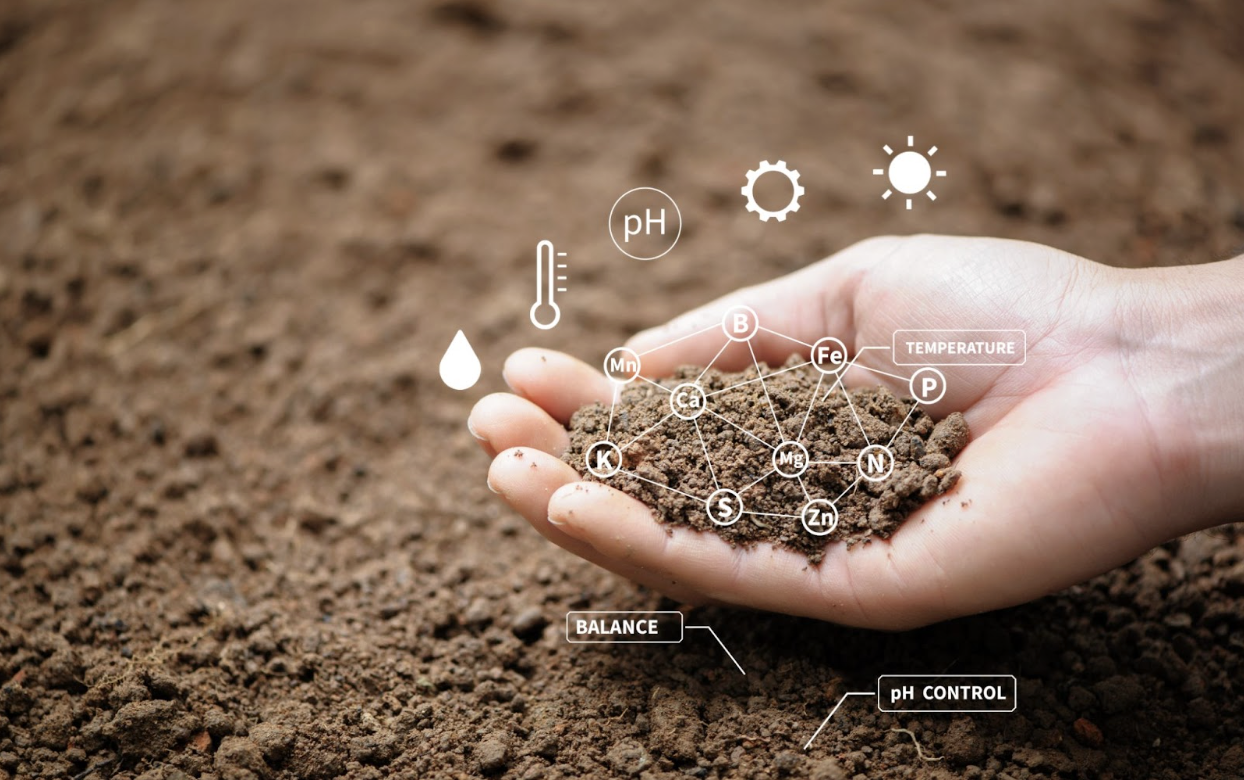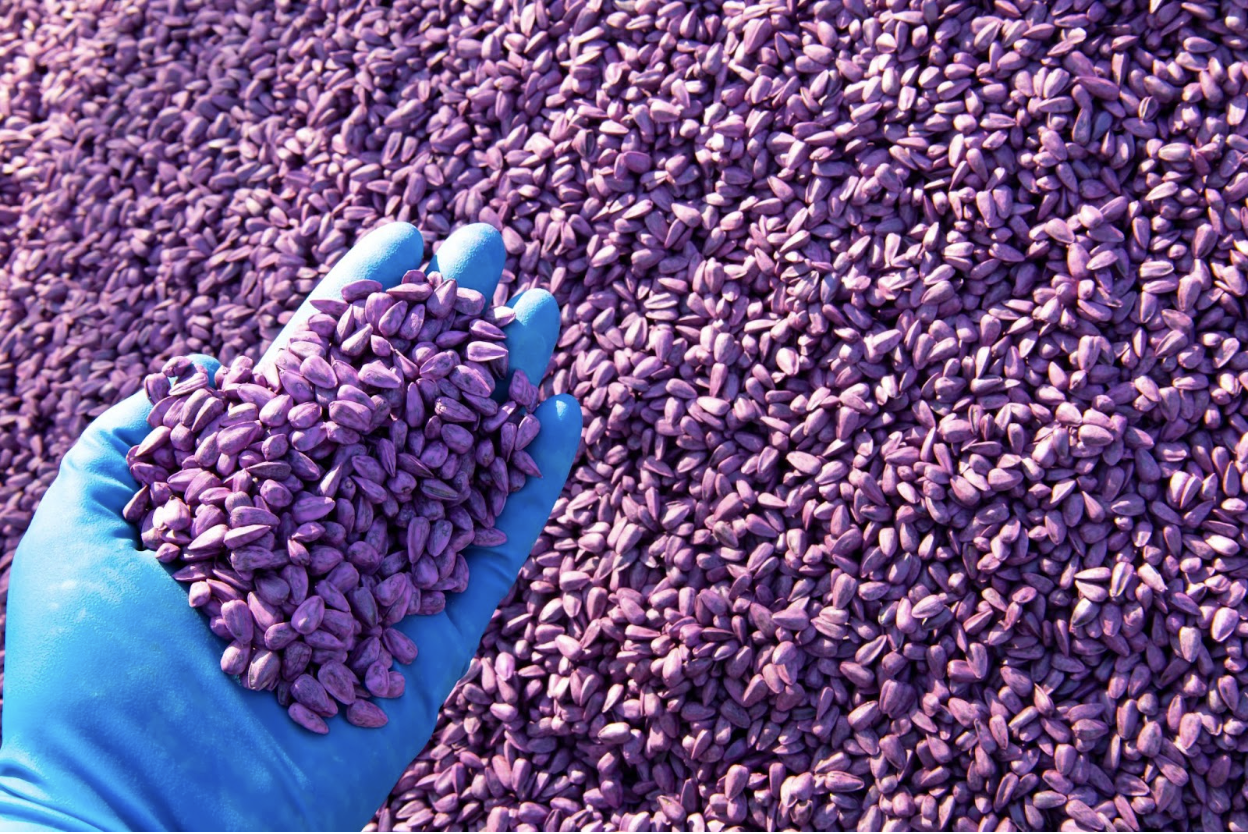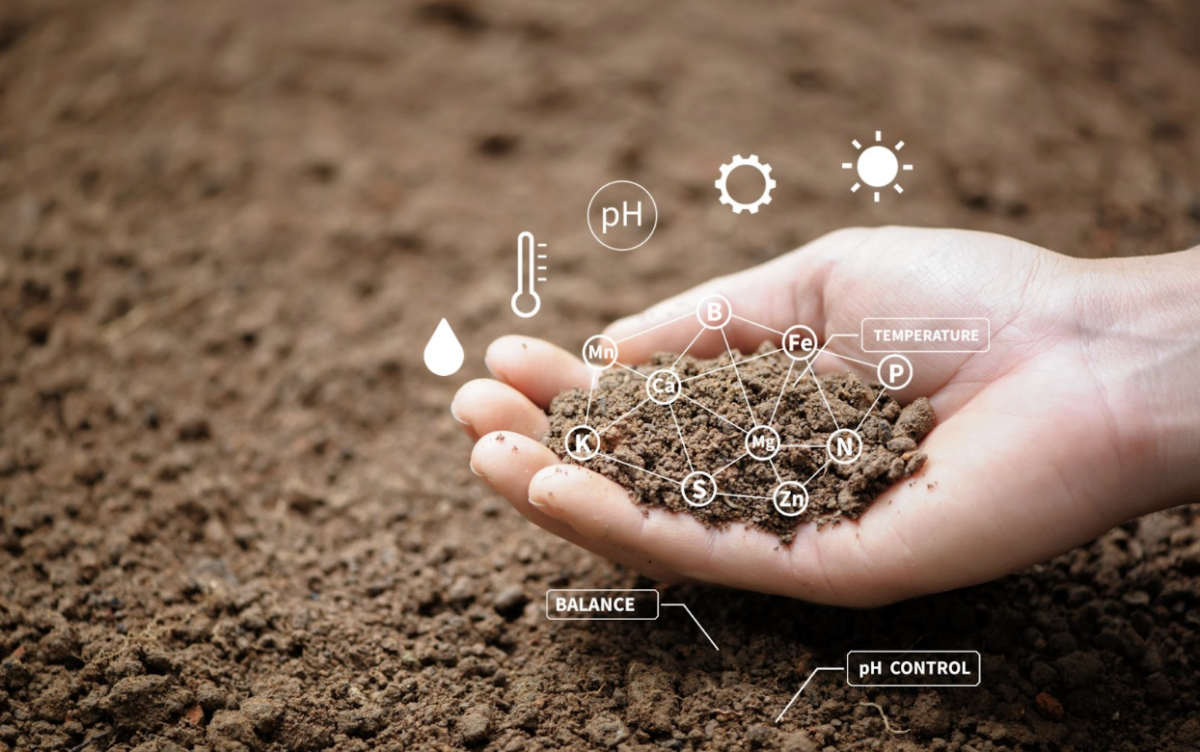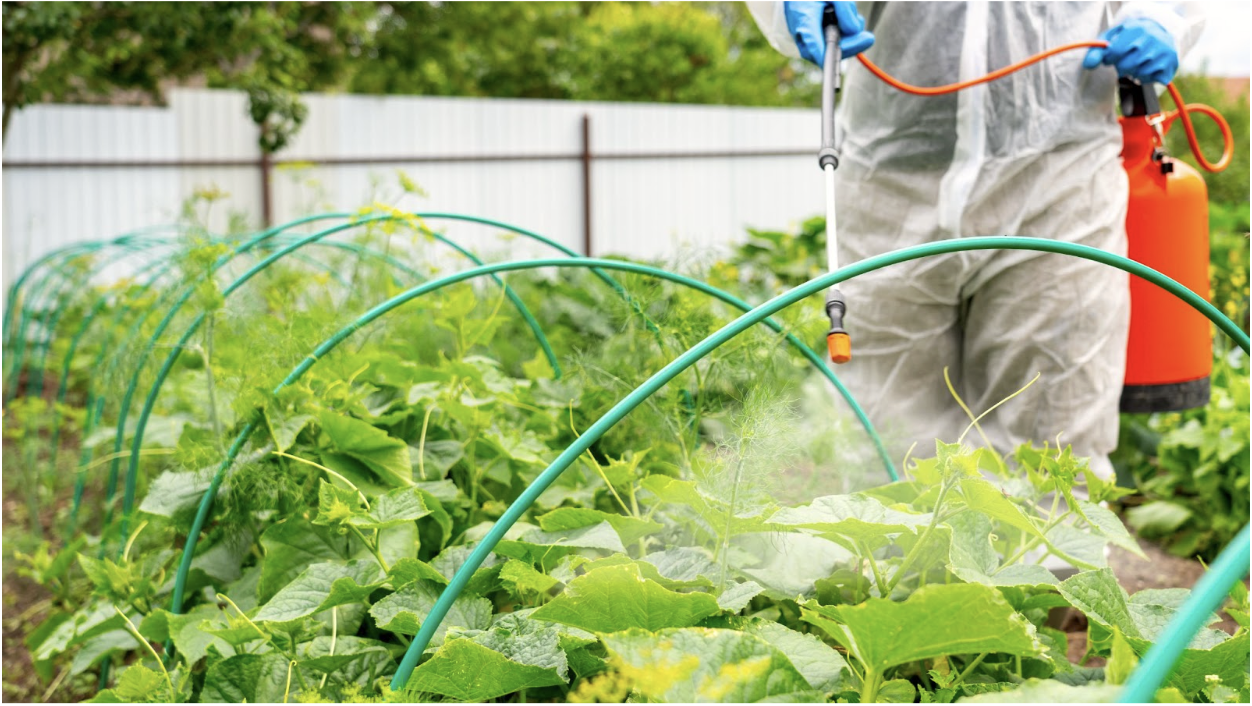Seed Treatment Chemicals: Safeguarding Your Harvest from Day One
In the intricate world of modern agriculture, seed treatment chemicals represent a critical first line of defense in ensuring robust crop development and maximizing agricultural productivity. These sophisticated solutions provide farmers and growers with an unprecedented opportunity to protect and enhance crop potential before the first seed even touches the soil.

The Critical Importance of Seed Treatment
Seed treatment chemicals are far more than a preventive measure—they are a strategic investment in agricultural success. By protecting seeds during their most vulnerable stages, these specialized chemicals lay the foundation for healthy, productive crops.
Comprehensive Protection from the Start
Modern seed treatment approaches offer multi-dimensional protection:
– Defense against soil-borne pathogens
– Protection from early-stage insect attacks
– Enhanced seed vigor and germination rates
– Improved seedling establishment
Technological Innovations in Seed Treatment
Advanced Chemical Formulations
Cutting-edge seed treatment chemicals now incorporate:
– Systemic fungicides
– Biological protection agents
– Nutrient enhancement compounds
– Stress resistance triggers
The Role of Surfactants and Emulsifiers

Specialized surfactants and emulsifiers developed by companies like Unitop Chemicals play a crucial role in seed treatment effectiveness. These compounds:
– Improve chemical distribution
– Enhance seed coating uniformity
– Ensure optimal chemical adhesion
– Minimize potential seed damage during treatment
Types of Seed Treatment Chemicals
Fungicidal Treatments
Protect seeds from devastating fungal infections that can compromise germination and early plant development. These treatments:
– Prevent soil-borne diseases
– Reduce seedling mortality
– Improve overall crop establishment rates
Insecticidal Treatments
Provide critical protection against early-stage insect threats, safeguarding the seed’s potential before visible crop emergence. Key benefits include:
– Reduced pest damage
– Minimized crop loss
– Enhanced seedling survival rates
Biological Seed Treatments
Innovative biological compounds now complement traditional chemical approaches, offering:
– Environmentally friendly protection
– Enhanced plant microbiome support
– Improved natural resistance mechanisms
Environmental and Economic Considerations
Seed treatment chemicals represent a strategic approach to:
– Reducing overall chemical usage
– Minimizing environmental impact
– Optimizing resource allocation
– Improving crop yield potential
Precision and Customization
Modern seed treatment solutions are increasingly tailored to:
– Specific crop varieties
– Regional environmental conditions
– Unique agricultural challenges
– Precise nutritional and protective requirements
The Future of Seed Treatment
Emerging technologies are transforming seed treatment chemicals through:
– Nanotechnology-enhanced formulations
– Precision application techniques
– Data-driven treatment strategies
– Integration with digital agricultural technologies

Conclusion
Seed treatment chemicals are more than a protective measure—they are a sophisticated agricultural technology that bridges scientific innovation with practical farming needs. By investing in advanced seed treatment solutions, farmers can unlock extraordinary crop potential from the very first moment of planting.
The journey of agricultural success begins with a single, carefully protected seed.





